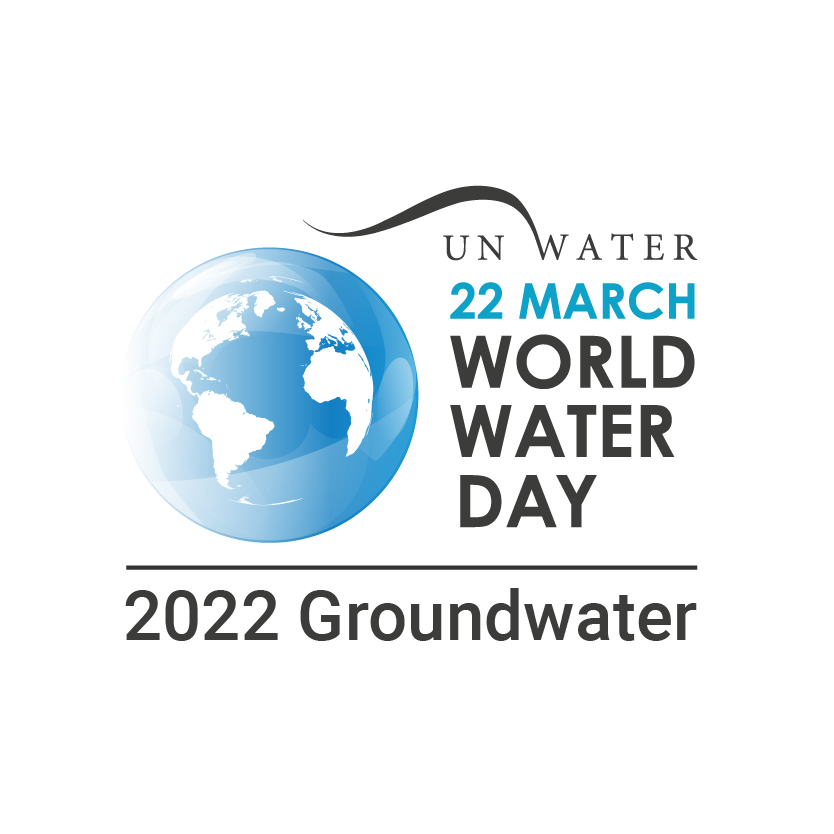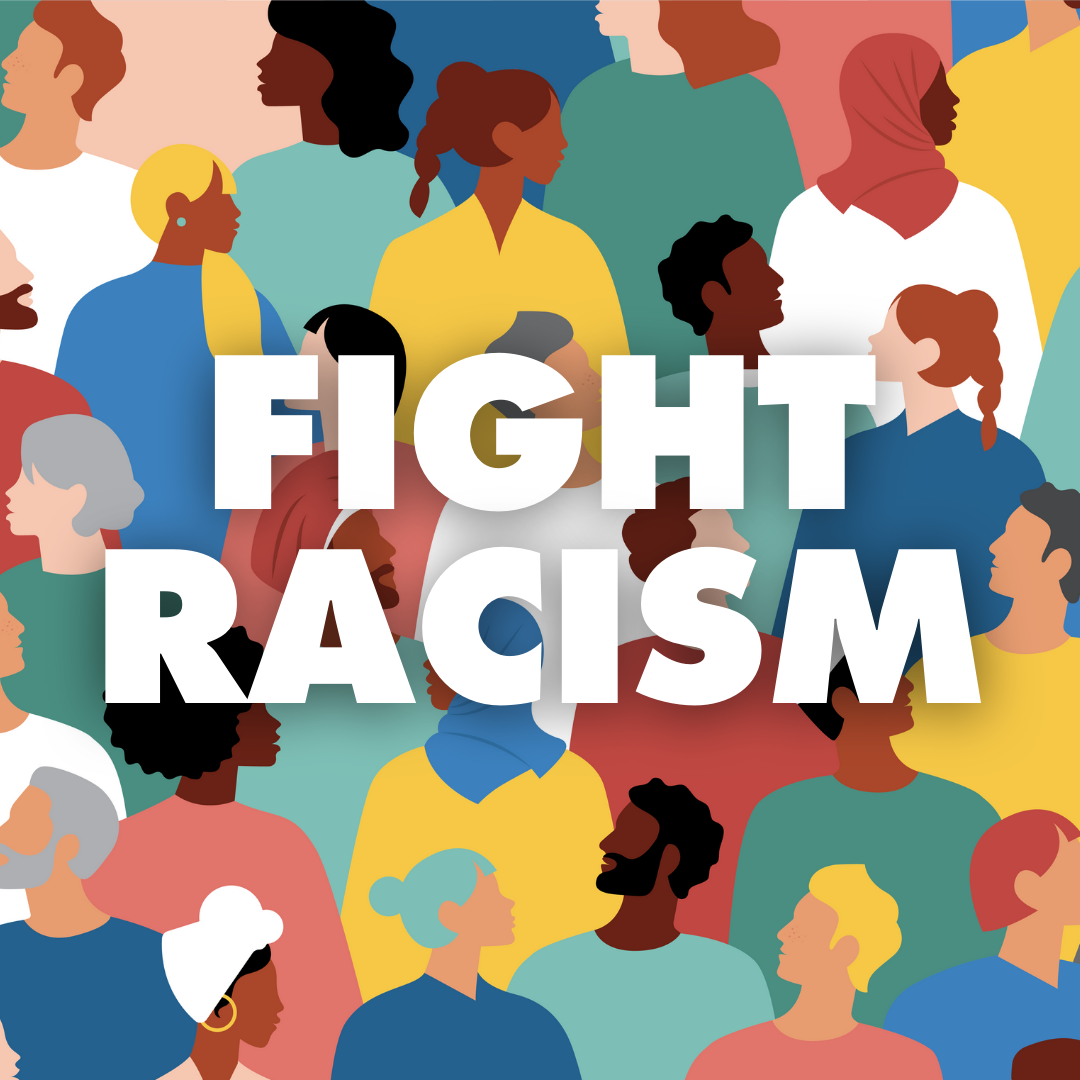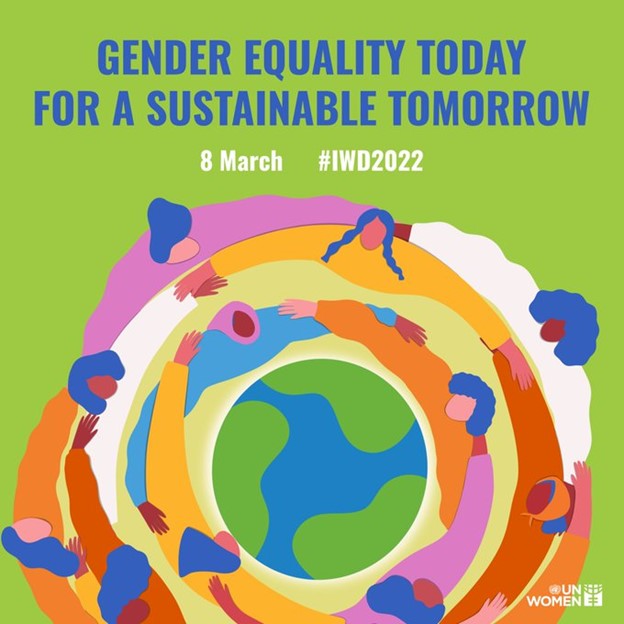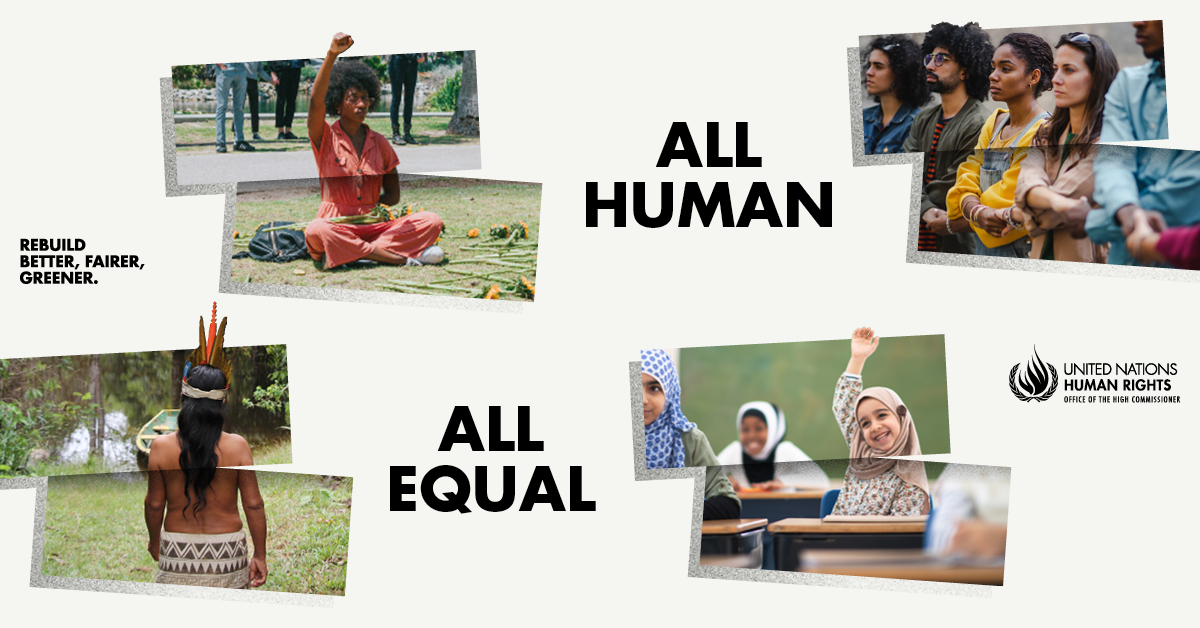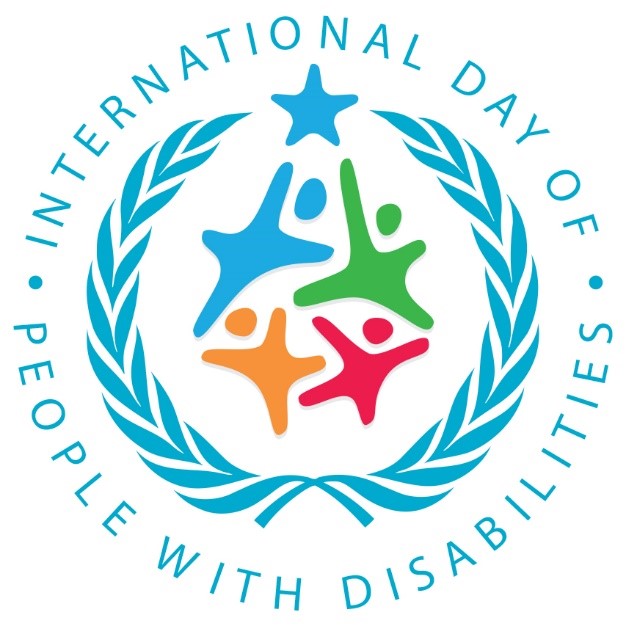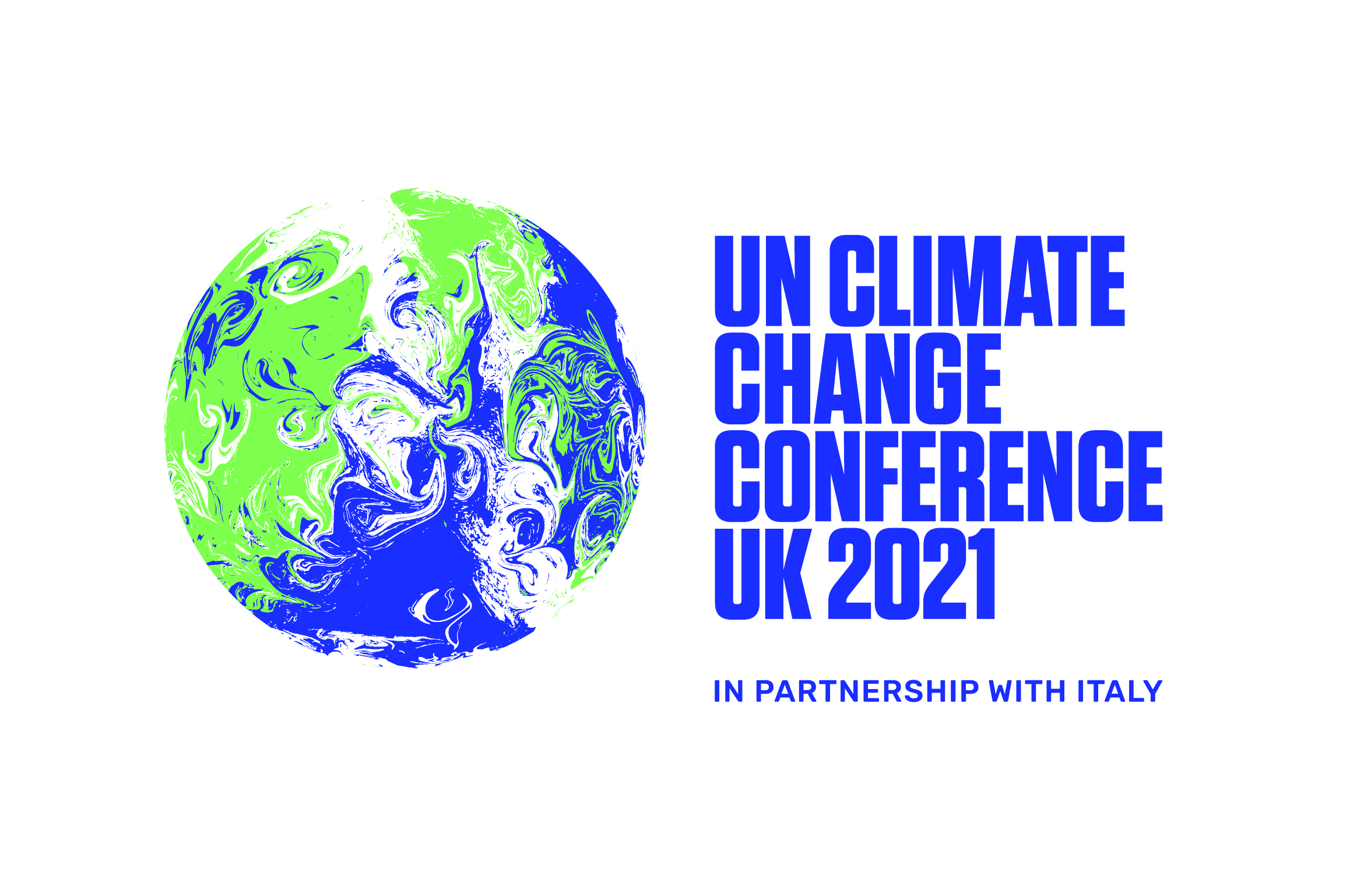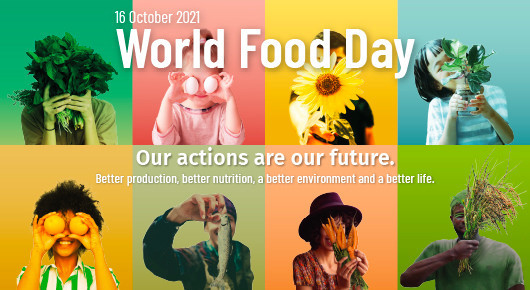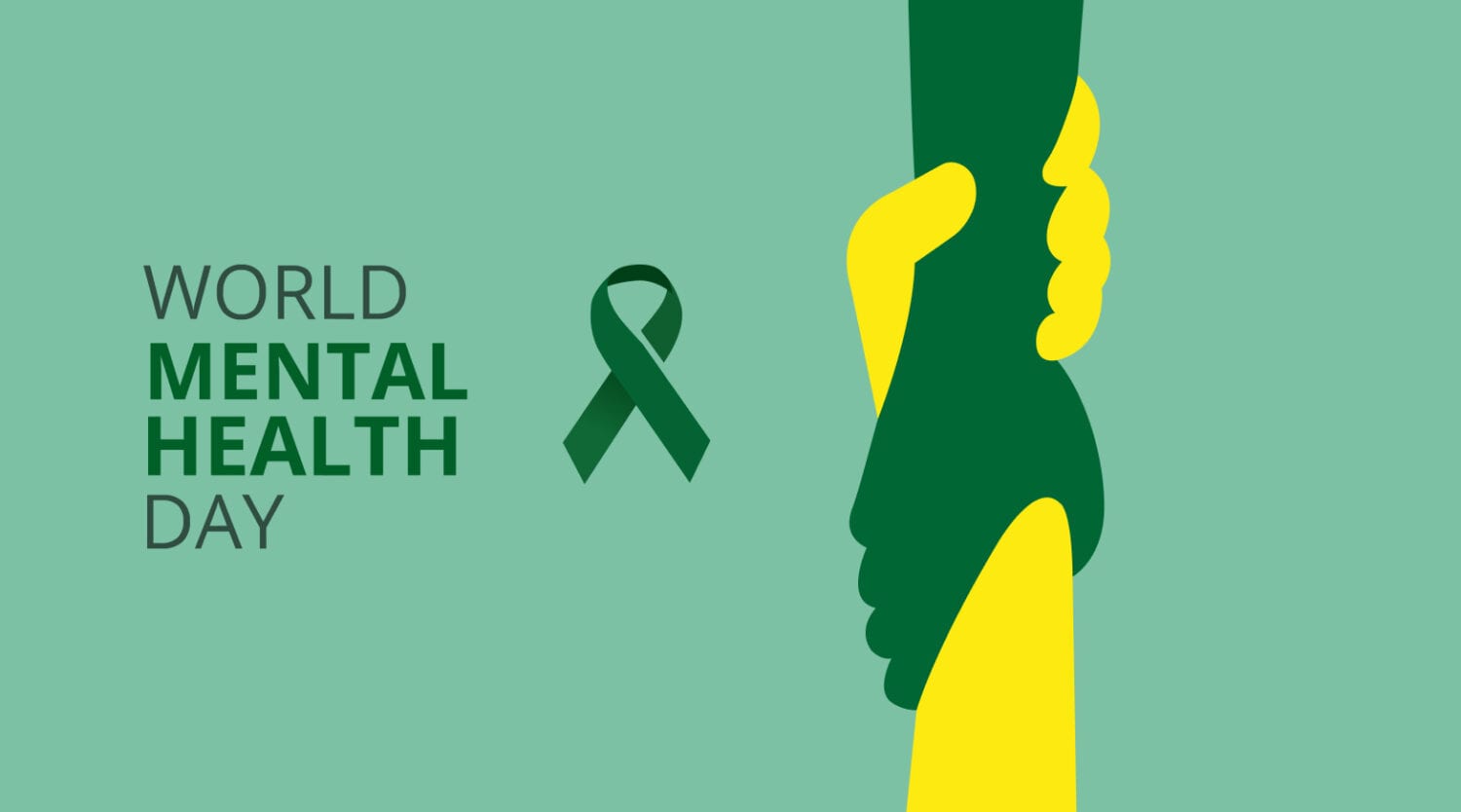Human Rights Day is observed every year on 10 December — the day the United Nations General Assembly adopted, in 1948, the Universal Declaration of Human Rights (UDHR). The UDHR is a milestone document, which proclaims the inalienable rights that everyone is entitled to as a human being - regardless of race, colour, religion, sex, language, political or other opinion, national or social origin, property, birth or other status. Available in more than 500 languages, it is the most translated document in the world.
COP26 is the 2021 United Nations annual climate change conference. COP stands for Conference of the Parties. Parties are the signatories of the United Nations Framework Convention on Climate Change (UNFCCC) - a treaty agreed in 1994 which has 197 Parties (196 countries and the EU). The 2021 conference, hosted by the UK, together with our partners Italy, in Glasgow, will be the 26th meeting of the Parties, which is why it's called COP26.
Current Opinion in Environmental Sustainability, Volume 50, Pages A1-A8, 1-318 (June 2021)
16th October 2021
World Food Day is organized every year on October 16 to bring awareness to how our changing planet affects food production and distribution. In support of this year's theme "Our actions are our future- Better production, better nutrition, a better environment and a better life", Elsevier presents a collection of over 70 pieces of curated and freely available books and journal content.
10th October 2021
